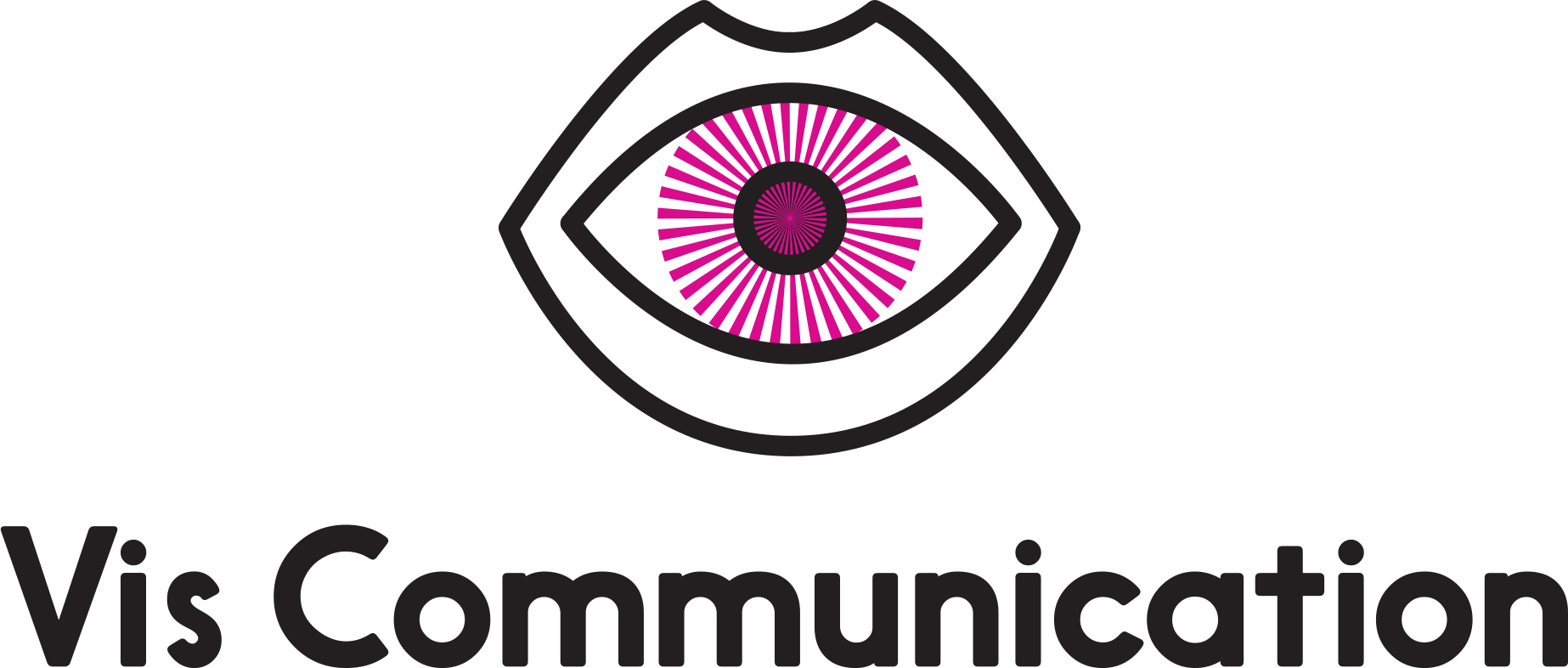The Meh Meeting
Meh is a kind of un-feeling, and that’s why it can seem worse than a bad meeting.

There are good meetings, where people are happy and excited, they like what you presented, they ask questions, there's a good discussion, and work moves down the line. There are bad meetings where what you presented wasn’t right and people became nervous and defensive and weird. But I think the worst meetings are the meh meetings. These are the meetings where no one loves or hates anything you presented. Everyone feels meh. The meh meeting can happen for a few reasons.
Too soon.
In the spirit of collaboration you show work too soon. Meaning, you’re presenting it before you’ve made enough sense of it that the work or you can communicate the idea to someone else. This can also set you up for failure for the following meeting as those folks are now unsure and confused and not excited going into it. Collaboration is great, and you don’t have to feel like you need everything totally worked out to share ideas, but it does need to be in a form that others can understand it. While my visual brain dump makes total sense to me, it’s not fair to ask others to figure out how to interpret it.
Everybody heard something different.
The brief sounds very clear, but there is still a lot of mind reading and interpretation involved. You picked out X keywords as the most important and someone else was hearing Y keywords. I used to teach meditation and there would be a little story to go along with the theme for that class. I always felt like it was pretty clear. So it would surprise me when someone would come up after class and say they really resonated with a particular thing that I hadn't actually said. This is partly good, because in that context you want people to take away whatever it is they need, or interpret concepts for their own life. But it made me realize that even if you say something clearly, people can take away very different things.
Second guessing.
Anyone who is a gatekeeper for someone else’s opinion not present will forever be trying to second guess that opinion. Now, there is using past behavior in a positive way to predict future behavior such as, “Dave rejected purple last time,” which is super helpful. Then there is second-guessing as in “Dave returned a purple shirt so I think he hates purple,” that in my experience, typically gets the other person’s opinion wrong. And there are stages in creative development where second guessing can just go in circles and immobilize everyone. Because everyone wants certainty, but who can say for certain? Nobody.
It takes seeing the creative for everyone to realize something was off from the beginning.
Sometimes everyone is in total agreement on words until they see a visual. Or maybe everyone agreed on too many words and now realize it wasn’t a narrow enough path. It’s not that the visuals are bad, just that everyone has an instantaneous realization that they're not right. Really, this is what check-ins are for. But the overall feeling of the meeting can be a letdown because everyone thought they were moving in the right direction until you waltzed in with your creative, and showed them viscerally that they’re not. Part of the process, but still meh.
The meh meeting hopefully happens as some internal check point and you can pivot, 180, make a u-turn, switch gears – whatever metaphor you like. As designers, our goal is to elicit emotions and communicate with our visuals. Even a negative feeling is a feeling. But meh is a kind of un-feeling, and I think that’s why it can feel the worst.

